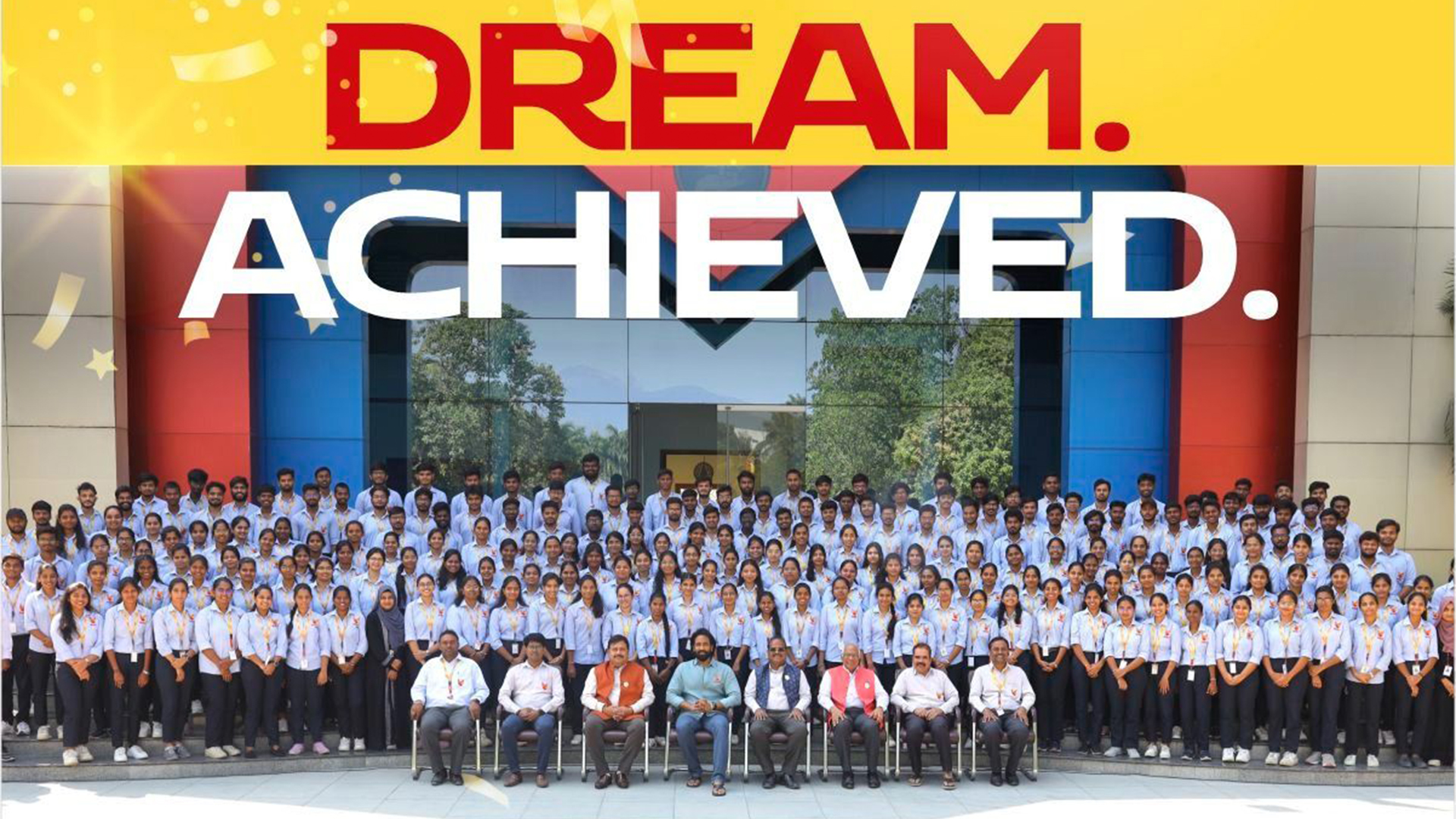The automotive industry is undergoing a massive transformation, and Electric Vehicles (EVs) are at the heart of it. As the world shifts toward sustainable mobility, this revolution is creating new and exciting opportunities for students and professionals in Electrical and Electronics Engineering (EEE). By 2026, the future of electrical engineering will be closely tied to innovations inelectric vehicle engineering, renewable energy integration, and smart grid technology.
The Rise of EV Technology: A New Era for EEE Graduates
Electric Vehicle (EV) technology blends electrical, electronics, and computer engineering disciplines to design efficient and intelligent mobility systems. Every EV relies heavily on advanced circuits, sensors, controllers, and embedded systems—all of which are core areas of B.Tech Electrical and Electronics Engineering.
EEE professionals now play a pivotal role in:
- Designing efficient motor control systems
- Developing advanced electric vehicle charging systems
- Optimizing energy consumption and power flow
- Integrating renewable energy sources with smart vehicle grids
This makes EEE engineering one of the most future-ready branches in the field, with growing opportunities in both research and industry related to sustainable energy and electric mobility.
Power Electronics and Battery Management Systems (BMS)
The backbone of electric vehicle design lies in power electronics—the technology that converts and controls electric power efficiently. By 2026, the demand for engineers skilled in power electronics and drives, DC-DC converters, inverters, and battery charging systems will rise significantly.
Equally important are Battery Management Systems (BMS), which ensure EV batteries operate safely and last longer. Professionals specializing in battery technology, energy storage systems, and thermal management are becoming essential for EV manufacturers and energy startups.
Students who specialize in power electronics, BMS, and renewable energy systems during their B.Tech in Electrical and Electronics Engineering can look forward to lucrative roles in the design, testing, and production divisions of top EV companies.
Renewable Integration and Smart Energy Grids
As nations embrace clean mobility, EV charging networks powered by solar and wind energy are driving innovation in smart grid technology and vehicle-to-grid (V2G) systems.
EEE engineers equipped with knowledge of IoT-based energy systems, smart power systems, and grid automation can contribute effectively to this green transition. The synergy between renewable energy and electric mobility presents vast opportunities for research, innovation, and sustainable engineering careers.
EEE Careers 2026: Opportunities in the EV Ecosystem
The job market for EEE graduates is booming. By 2026, the EV technology sector will open multiple career paths, including:
- EV system design and development engineers
- Power electronics and BMS specialists
- Embedded systems and control engineers
- Charging infrastructure engineers
- Smart grid and renewable integration analysts
- Research and development professionals in sustainable transport
With governments and corporations investing heavily in clean transportation and sustainable energy, Electrical and Electronics Engineering graduates are set to lead the change.
How Mohan Babu University Prepares Students for the EV Future
Top institutions like Mohan Babu University (MBU) are bridging the skill gap by introducing Electric Vehicle and renewable energy engineering courses within their B.Tech Electrical and Electronics Engineering program.
Students gain practical exposure in:
- Advanced power electronics and machine labs
- Electric vehicle prototyping and simulation projects
- IoT-based control systems and renewable energy integration
- Collaborative research with EV industry partners
Through specialized labs, innovation centers, and experiential learning, MBU ensures that its students are industry-ready for EEE careers in 2026 and beyond.
Shaping the Future of Electrical Engineering
The shift toward electric vehicles is not just transforming transportation—it’s redefining the entire scope of Electrical and Electronics Engineering. From renewable integration and smart grids to intelligent energy systems, the possibilities for innovation are limitless.
If you’re passionate about sustainable technology, electric vehicle design, and future-ready engineering, now is the ideal time to explore Electrical and Electronics Engineering in India. Take the first step toward an electrifying career. Join the B.Tech Electrical and Electronics Engineering program at Mohan Babu University, one of the top engineering colleges in India, and become a part of the next generation shaping the global EV revolution through research, innovation, and smart energy solutions.







